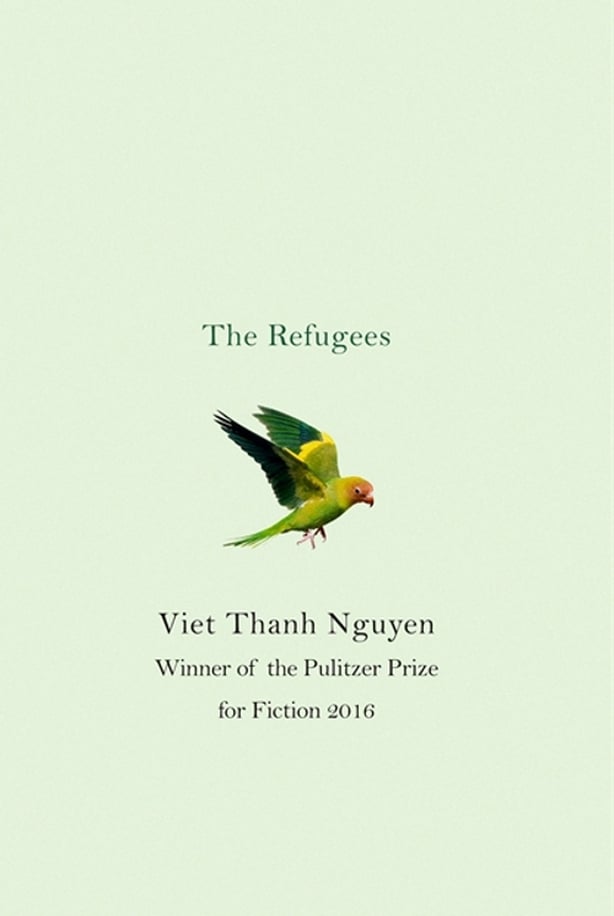Viet Thanh Nguyen 's novel The Sympathiser won the Pulitzer Prize for Fiction in 2016, followed now by his debut collection of short stories, a fresh yet wise perspective on Vietnamese refugees in the USA.
Viet Thanh Nguyen was born in Vietnam and raised in America, and the seven stories assembled here detail the lives of Vietnamese refugees who arrived in the USA in the 1970s, following the fall of Saigon.
The first story, Black-Eyed Women, draws from a calmly measured yet troubled surface a cluster bomb climax of remembered violence inflicted by pirates. The ghost of the dead brother, a victim of the attackers, returns to haunt the narrator, his surviving sister, and her mother in separate apparitions. So, we wonder, is he a figment of their imaginations? The two women are the only survivors of what was once a family unit in Vietnam, the father has died from cancer since the awful events that took place at sea.
It is a measure of Nguyen’s gift that, aside from charting the central family trauma at the heart of this refugee story, he can with equal skill depict the tensions between mother and daughter.

The stories often begin nonchalantly, or quietly low-key. The scenario in The Other Man unfolds six months after the fall of Saigon as an 18-year old Vietnamese boy called Liem moves into the home of two gay men. Liberal and conventional attitudes are subtly aired in a San Francisco that is vividly evoked. The young man at the heart of the story has already made two departures, firstly from his parents in the village of Long Xuyen to go to Saigon to work as a tea boy. This was followed some time later by his more unexpected departure from Saigon, from which he was lucky to get out alive.
He tried to forget what he’d discovered, how little other lives mattered to him when his own was at stake.
Typically, violence and serious upheaval seep back in floods of recollection, the protagonist haunted by the cataclysmic occurrences that have brought him or her to America.
War Years is set in President Reagan’s time, with pushy Mrs Hoa collecting for the fight against communism in her Vietnamese bailiwick. A guerrilla army of former South Vietnamese soldiers are training in the jungles of Thailand, preparing to launch a counter-attack in unified Vietnam. The plan was to stir the unhappy people against their Communist rulers, incite a revolution, and resurrect the people of the south.
The mother of the son/narrator runs a Vietnamese store with her husband. A practical, ambitious woman, she does not want to be browbeaten into parting with her hard-earned 500 dollars to support the cause. There is a tense encounter at the store between the two women, as being seen to support the cause becomes a serious bone of contention.
That is until the day the mother surreptiously follows Mrs Hoa home in her car, with the sharply-observant son present (as in so many stories) to record the outcome. On being invited into Mrs Hoa’s house, they are granted a new understanding of the woman as they hear her sobering tale of a family tragically fractured by the Vietnam War.
The Transplant features the seller of a fake designer goods who, following a phone call search, convinces another man that he is the one who gave him his liver transplant. The sense of betrayal when the man with the transplanted organ finally discovers the truth is wonderfully conveyed.
These are excellent stories, and you may find yourself wanting to investigate Viet Thanh Nguyen’s work further. A fine introduction to a great writer.
Paddy Kehoe

